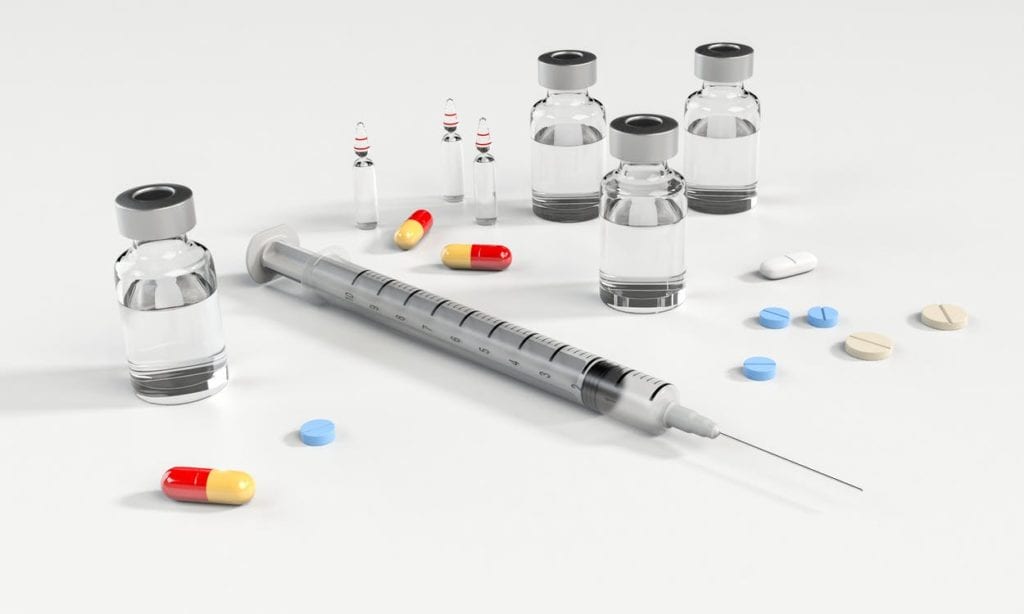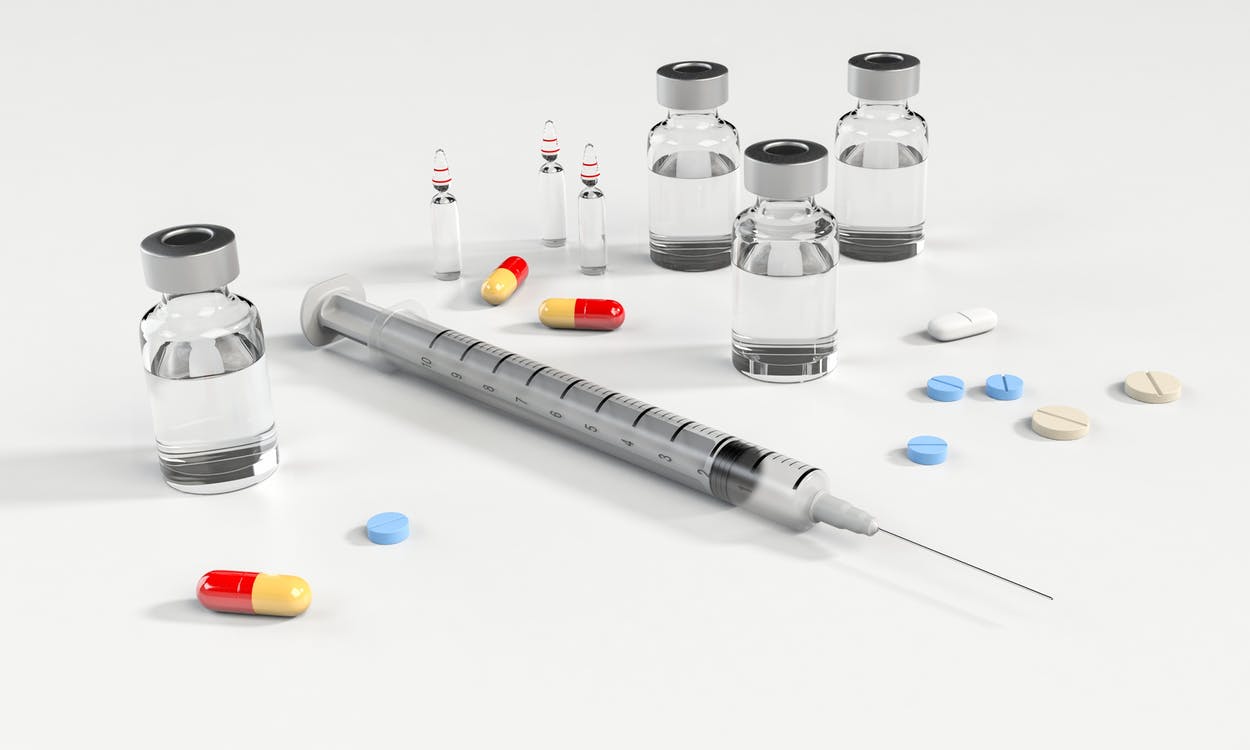
Stimulants are a group of drugs, comprising both illegal drugs such as methamphetamine, cocaine, and MDMA (commonly known as ecstasy drug) as well as prescription medications like methylphenidate and amphetamines.
What are stimulants?
Let us currently focus on addiction to medication drugs such as amphetamines, as they are freely available in pharmacies and drug stores. Amphetamines are synthetically manufactured psychoactive drugs that primarily act and stimulate the central nervous system (CNS). Though Amphetamines were used as respiratory stimulant for nasal congestions in the early days, the drugs are now prescribed for the treatment of attention deficit hyperactivity disorder (ADHD) and narcolepsy, where they help patients to stake awake and increase their focus.
Know your statistics
One of the most commonly prescribed stimulants for ADHD is methylphenidate (marketed as Concerta and Ritalin) and amphetamines (Adderall). The Centers for Disease Control and Prevention (CDC) estimates that over 11% of population aged between 4 to 17 years suffer from ADHD. The trend is increasing at an alarming rate as children, and young adults are not able to cope up with tremendous pressure from the society and give themselves into depression and other psychotic disorders.
According to the Oregon Health & Science University and the Substance Abuse and Mental Health Services Administration (SAMHSA), around 18 million Americans take amphetamine without any prescription. Over 15% of secondary and higher secondary grade students use amphetamine on their own without any medical supervision.
Amphetamines are gaining momentum as being the most abused prescription drug compared to others, because of their ease of availability and high addiction potential. Moreover, young adults in college are increasingly consuming them to stay focused on their daily academic and related extracurricular activities. The drug affects multiple neurotransmitters in your brain such as dopamine, norepinephrine, and serotonin, leading to an increase in their activity, resulting in a euphoric feeling. Over time, students get dependent on the drug and start taking it for the feeling of getting high. The dependence further leads to addiction, which in worst cases, results in taking of other illegal recreational drugs such as meth and cocaine.
Overcoming addiction to stimulants
Recognizing Your Amphetamine Use
The first basic step is to honestly recognize your addiction to amphetamine use. For how long you are chasing the habit? How much time and money you are spending on it on a daily basis? Are you ashamed of your drug addiction? Focusing on the realistic picture helps you to understand the extent of your vulnerability to addiction, gearing you to make decisions on overcoming it.
Getting Professional help
The next step is to consult and speak about your stimulant addiction problem with your family doctor and any other primary care doctor. In most cases, starting a psychological treatment such as a Cognitive Behavioral Therapy (CBT) is proven to be helpful for individuals in reducing amphetamine or other related stimulant abuse.
Depend on your pillars
Never be ashamed of your addiction and do not stay aloof from society. Surround yourself with family or friends and talk about your problem. Ask for their help as they are your only pillars in life, and would always extend support irrespective of your present condition.
Stimulant detox centers
The safest and most successful method to come over addiction of amphetamines or any other stimulant and related withdrawal symptoms is through detox centers. The centers follow different tapering methods where a patient’s drug dosage level is gradually lowered over a period of time (weeks or sometimes months). After a scheduled duration of time, the patients no longer exhibit drug withdrawal symptoms. There are multiple facilities for treating stimulant-related addiction such as Drug Treatment Center Finder. The process lasts for a long-period of time, and one needs commitment and patience to achieve the ultimate goal of de-addiction.
Find and start new habits
Focus on starting a new habit after successfully coming out of detox center, which you will, eventually. Hit the gym, engage in some physical activity, start reading your favorite authors, and start learning something new. Develop a daily routine and stick to it. Go out and start building healthy relations with people.
Remember, you are not the only one chasing the dragon in this world, there were people who overcame their addiction and emerged successful, leaving everyone astonished.
“What lies behind us and what lies before us are tiny matters compared to what lies within us.” – Ralph Waldo Emerson
